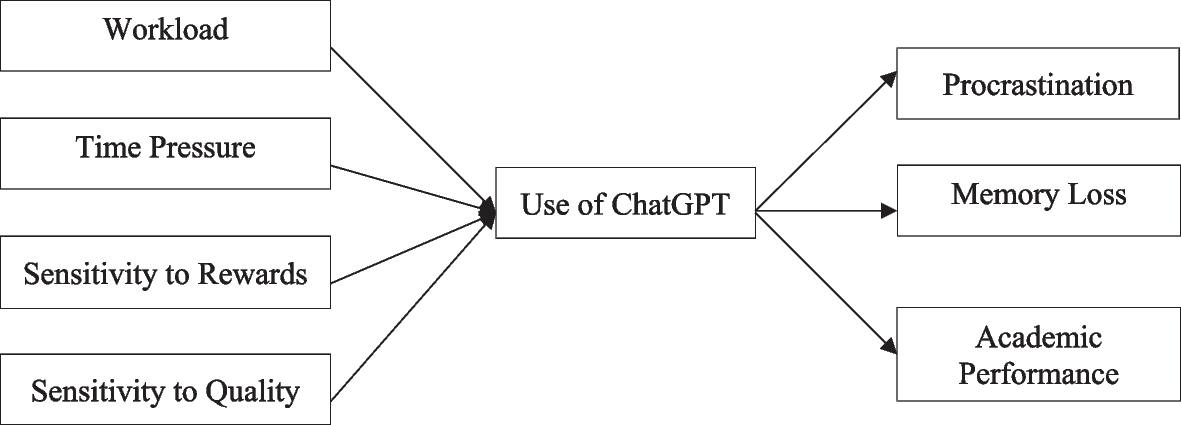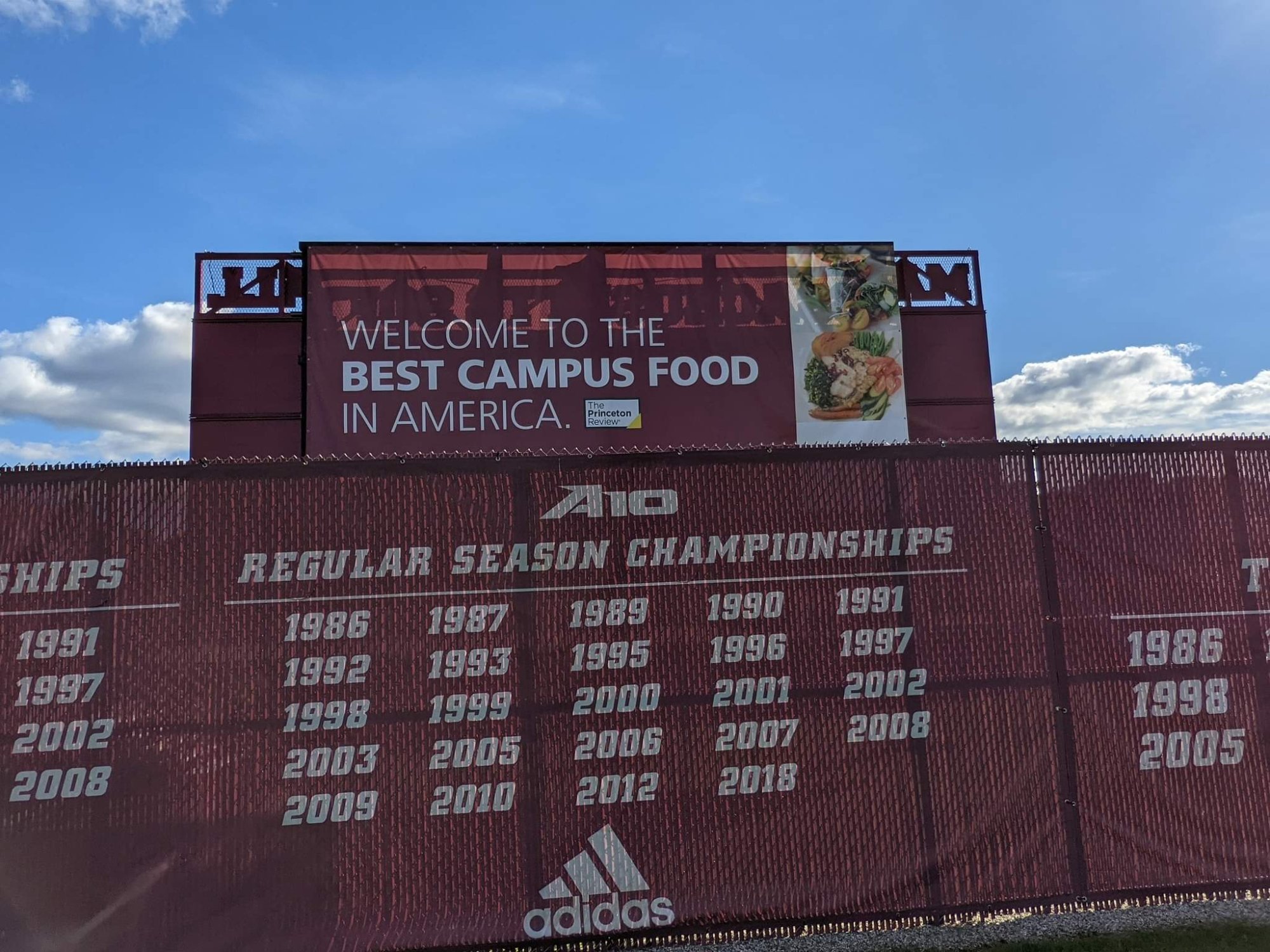erek
[H]F Junkie
- Joined
- Dec 19, 2005
- Messages
- 10,903
Duh
“While the discussion on generative artificial intelligence, such as ChatGPT, is making waves in academia and the popular press, there is a need for more insight into the use of ChatGPT among students and the potential harmful or beneficial consequences associated with its usage. Using samples from two studies, the current research examined the causes and consequences of ChatGPT usage among university students. Study 1 developed and validated an eight-item scale to measure ChatGPT usage by conducting a survey among university students (N = 165). Study 2 used a three-wave time-lagged design to collect data from university students (N = 494) to further validate the scale and test the study’s hypotheses. Study 2 also examined the effects of academic workload, academic time pressure, sensitivity to rewards, and sensitivity to quality on ChatGPT usage. Study 2 further examined the effects of ChatGPT usage on students’ levels of procrastination, memory loss, and academic performance. Study 1 provided evidence for the validity and reliability of the ChatGPT usage scale. Furthermore, study 2 revealed that when students faced higher academic workload and time pressure, they were more likely to use ChatGPT. In contrast, students who were sensitive to rewards were less likely to use ChatGPT. Not surprisingly, use of ChatGPT was likely to develop tendencies for procrastination and memory loss and dampen the students’ academic performance. Finally, academic workload, time pressure, and sensitivity to rewards had indirect effects on students’ outcomes through ChatGPT usage.”
Source: https://www.psypost.org/chatgpt-lin...mic-performance-and-memory-loss-in-new-study/
“While the discussion on generative artificial intelligence, such as ChatGPT, is making waves in academia and the popular press, there is a need for more insight into the use of ChatGPT among students and the potential harmful or beneficial consequences associated with its usage. Using samples from two studies, the current research examined the causes and consequences of ChatGPT usage among university students. Study 1 developed and validated an eight-item scale to measure ChatGPT usage by conducting a survey among university students (N = 165). Study 2 used a three-wave time-lagged design to collect data from university students (N = 494) to further validate the scale and test the study’s hypotheses. Study 2 also examined the effects of academic workload, academic time pressure, sensitivity to rewards, and sensitivity to quality on ChatGPT usage. Study 2 further examined the effects of ChatGPT usage on students’ levels of procrastination, memory loss, and academic performance. Study 1 provided evidence for the validity and reliability of the ChatGPT usage scale. Furthermore, study 2 revealed that when students faced higher academic workload and time pressure, they were more likely to use ChatGPT. In contrast, students who were sensitive to rewards were less likely to use ChatGPT. Not surprisingly, use of ChatGPT was likely to develop tendencies for procrastination and memory loss and dampen the students’ academic performance. Finally, academic workload, time pressure, and sensitivity to rewards had indirect effects on students’ outcomes through ChatGPT usage.”
Source: https://www.psypost.org/chatgpt-lin...mic-performance-and-memory-loss-in-new-study/
![[H]ard|Forum](/styles/hardforum/xenforo/logo_dark.png)

